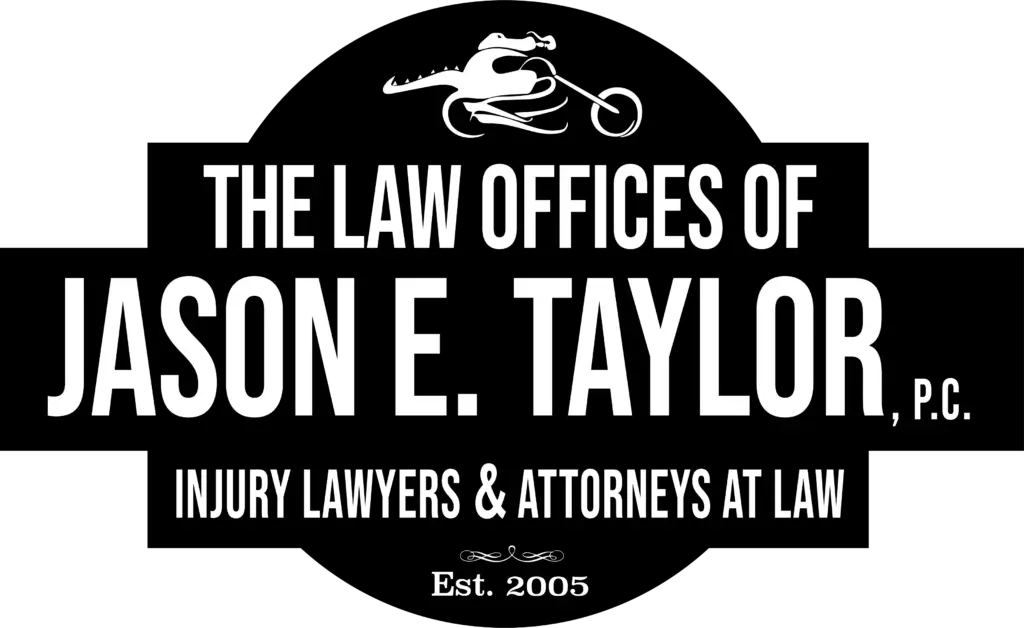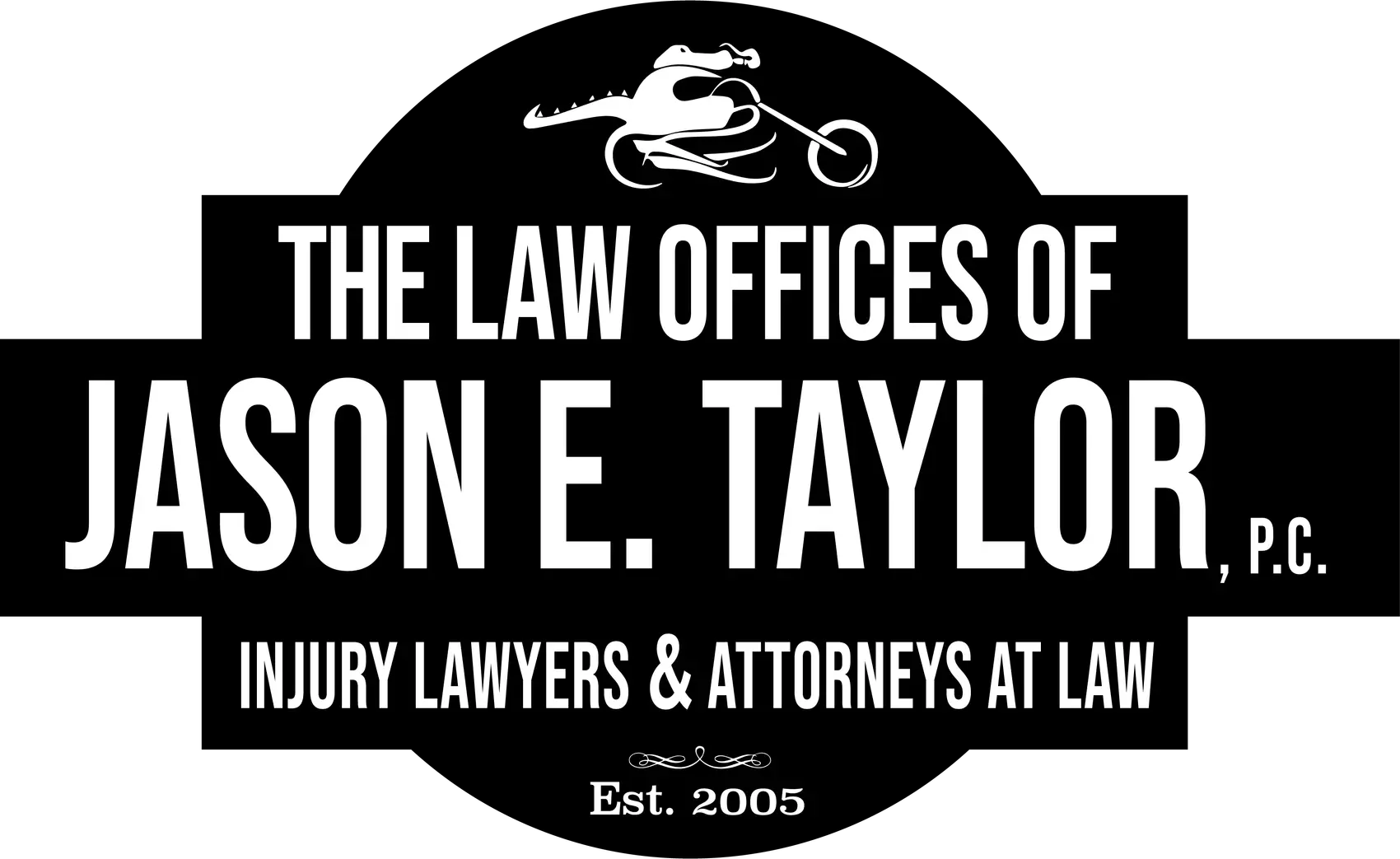Founded in 1771, Greenville is the county seat of Pitt County, North Carolina. The city’s official population as of the 2020 United States census estimate is 87,521 Greenvillians, while the Greenville Metropolitan Area includes 170,243 people. The city is also home to East Carolina University, the state’s fourth-largest university by enrollment.
If you’re dealing with a personal injury case in Greenville, NC, you’re likely wondering how long the whole process will take. This is a valid question and one that doesn’t have a straightforward answer. Every case is different, and the time it takes to settle will vary depending on the details of your case.
If you have questions about the legal process and how long it will take to settle your personal injury lawsuit, contact one of the personal injury lawyers at The Law Offices of Jason E. Taylor today.
How Long Will it Take to Settle My Greenville Personal Injury Lawsuit?
As with most things in life, there is no one-size-fits-all answer to this question. The length of time it will take to settle your personal injury lawsuit will depend on several factors, including:
- The length of time it takes to complete your medical treatment
- The severity of your injuries
- The complexity of your case
- Negotiations
Some personal injury cases can be settled relatively quickly, while others may take months or even years to resolve. The best way to get an idea of how long it will take to settle your case is to discuss it with an experienced attorney.
The Length Of Time It Takes To Complete Your Medical Treatment
Negotiations typically do not begin on your case until you have been fully released from your doctor. Once you are released from medical care, your attorney will order all of your medical records and bills to include in the demand package that is sent to the insurance company to begin negotiations. With minor injuries, you may be released from medical care after three month. Severe injuries involve more medical treatment and may take years before you are fully released.
The Severity of Your Injuries
If you have suffered serious or life-threatening injuries, your case will likely take longer to settle than if you have only sustained minor injuries. Severe injuries such as traumatic brain injuries or spinal cord injuries typically require more medical treatment, resulting in higher medical bills and lost wages. Cases involving serious injuries often have to be litigated, which means a lawsuit must be filed.
The Complexity of Your Case
If your case is complex, it is likely to take longer to settle than if it is simple. More evidence may be needed to prove your case, and the insurance company may need to conduct a more thorough investigation. Examples of complex cases may include those that involve multiple parties or those that involve injuries that are difficult to diagnose.
Negotiations
The negotiation process can be one of the most time-consuming aspects of a personal injury case. Your attorney will need to negotiate with the other party’s insurance company to reach a fair settlement. If the insurance company is unwilling to offer fair compensation, a lawsuit may need to be filed and your case may be resolved during litigation..
How Do I Know If My Greenville Personal Injury Claim is Valid?
To have a valid claim, you must be able to prove that another party is at fault for your injuries. This means that you will need to show that the other party acted negligently or intentionally harmed you. In some cases, proving negligence can be difficult, so it’s important to consult with an experienced personal injury attorney.
Once you have determined that you have a valid personal injury case, the next step is to file a claim with the other party’s insurance company. The insurance company will then investigate your claim and determine whether or not they will offer you a settlement.
Settling Your Personal Injury Case in Greenville, NC
Most personal injury cases settle outside of court. However, when the insurance company offers you a settlement, it’s important to understand that you are not required to accept it.
In many cases, the initial settlement offer is much lower than the actual value of the case. If the insurance company denies your claim or makes you a low settlement offer, you may need to file a personal injury lawsuit. This is where the help of an experienced attorney can be invaluable.
An attorney will know how to navigate the legal system and fight for the compensation you deserve. At the Law Offices of Jason E. Taylor, our Greenville personal injury attorneys have the experience and knowledge to handle your case from start to finish.
Damages You Can Recover in a Greenville, NC Personal Injury Claim
If you have been injured due to the negligence of another party, you may be entitled to recover damages. These damages may include:
- Medical expenses
- Lost wages
- Pain and suffering
- Emotional distress
- Property damage
An experienced personal injury lawyer will know how to value your case and fight for the maximum compensation possible.
Personal Injury Cases We Handle in Greenville
At the Law Offices of Jason E. Taylor, we handle a wide variety of injury cases, including:
- Car accidents
- Truck accidents
- Motorcycle accidents
- Dog bites
- Slip and fall accidents
- Wrongful death
- Employment law
If you have been injured in an accident, contact us today to schedule a free consultation. We will review your case and help you understand your legal options.
What To Do After an Accident in Greenville, NC
After you have been involved in an accident, it’s important to take the following steps:
- Get medical help: Even if you don’t think you’re injured, it’s important to see a doctor as soon as possible. Some injuries, such as concussions, may not be immediately apparent.
- Gather evidence: If you can, take pictures of the accident scene and your injuries. You will also want to get the contact information of any witnesses.
- Call an attorney: An experienced personal injury attorney can help you navigate the legal process and ensure that you receive the compensation you deserve.
At the Law Offices of Jason E. Taylor, we have years of experience handling injury cases for accident victims in North Carolina. We will fight for the compensation you need to cover your medical expenses, lost wages, and pain and suffering.
What is My Case Worth?
The value of your case will depend on many factors, including:
- The severity of your injuries
- The amount of medical expenses you have incurred
- The amount of lost wages you have suffered
- The pain and suffering you have endured
An experienced personal injury attorney will help you calculate your damages and fight for the maximum compensation possible.

Contact a Greenville, NC Personal Injury Lawyer Today
If you’ve been injured in an accident, contact the Law Offices of Jason E. Taylor today to schedule a free consultation. Our experienced personal injury attorneys will review your case and help you understand your legal options.
An experienced attorney will also be able to negotiate a settlement on your behalf and will fight for your rights every step of the way. Contact us today to schedule a free consultation. We would be happy to answer any questions and help you get started on your case.





